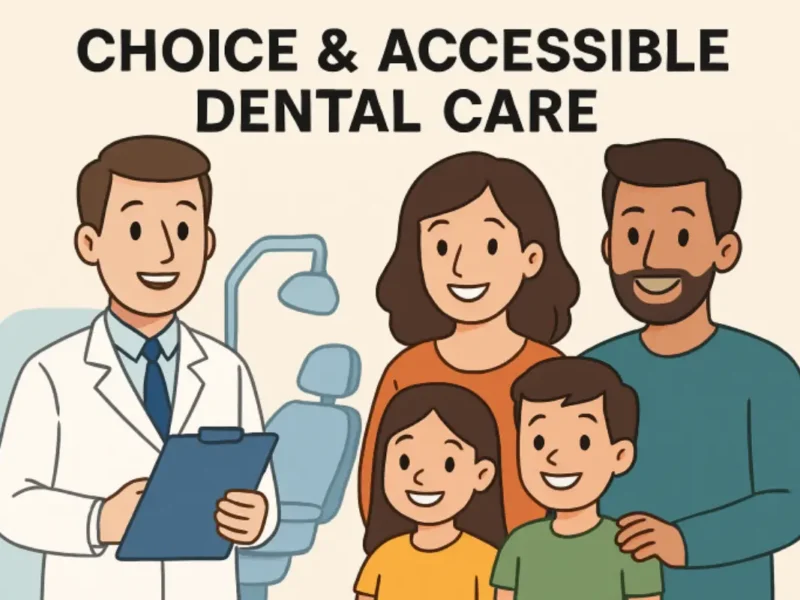Alzheimer’s disease is a progressive neurological condition that affects memory, thinking, and behavior, ultimately disrupting daily life. Recognizing its early signs is crucial for seeking timely medical intervention, potentially slowing the disease’s progression.
The challenge, however, lies in distinguishing between normal age-related changes and the more concerning symptoms of Alzheimer’s. This article will guide you through understanding the hallmarks of this illness, focusing on the subtle yet significant alterations in cognitive and emotional patterns. If you’re concerned about yourself or a loved one, keep reading to learn what to watch out for.
Understanding Alzheimer’s Disease and Early Symptoms
Alzheimer’s disease often starts slowly, stealthily chipping away at cognitive faculties. In the initial stages, symptoms may be mild, making them easy to overlook or mistake for stress-related forgetfulness.
The brain changes associated with Alzheimer’s begin long before any signs are visually evident, including the buildup of abnormal proteins forming amyloid plaques and tau tangles, which disrupt communication between neural pathways.
Experts have identified several early symptoms that could indicate the onset of Alzheimer’s. These include difficulties with memory retention, particularly of recent events or important information that was previously easy to recall. Family members may notice the individual asking for the same information repeatedly or relying heavily on memory aids like notes or electronic devices.
Additionally, this early phase may involve challenges in solving problems, making decisions, or planning, especially when these tasks involve numbers. Some individuals experience difficulty completing familiar tasks at home or work, indicating a decline in the executive functions that manage these activities.
Despite these impediments, individuals in the early stages of Alzheimer’s may still maintain their social skills and engage in everyday life with intermittent lapses.
These initial changes warrant attention, as early detection is paramount in managing Alzheimer’s progression. Recognizing the early signs of Alzheimer’s can lead to more effective treatments and provide time for planning and support to those affected.
Memory Loss That Disrupts Daily Life: Recognizing the Telltale Sign
One of the most apparent warning signs of Alzheimer’s is memory loss significant enough to disrupt daily life. This form of memory loss is more than just misplacing keys—it encompasses forgetting recently learned information, important dates, or events. Individuals might miss appointments or take medications incorrectly because they can’t remember the schedules or instructions.
Some people may find themselves in the middle of a task and forget completely what they were aiming to accomplish, or they may struggle with retelling a story or event, omitting crucial details they have never had difficulty recalling before. Furthermore, these memory lapses often result in a need for repetitive conversation or more frequent assistance from family members and friends.
The distinction between age-related memory changes and those indicative of Alzheimer’s lies in the frequency and impact of these incidents. While it’s normal for someone to forget names or appointments occasionally, Alzheimer-related memory loss progressively worsens and starts interfering with the individual’s independence and quality of life.
Comprehending this telltale sign can aid in early diagnosis, giving families and individuals time to adapt to these changes and seek therapeutic interventions that may help stave off further cognitive decline. Observing these changes without jumping to conclusions and consulting a healthcare professional for an accurate assessment is crucial.
When To Seek Medical Advice: Monitoring and Acting on Early Signs
Understanding when to seek medical advice is a pivotal step in dealing with the potential onset of Alzheimer’s. It’s advisable to schedule a doctor’s appointment when cognitive or behavioral changes persist, worsen, or begin to interfere with daily activities. Regular check-ups for cognitive health can be as important as physical health check-ups, particularly for those with Alzheimer’s risk factors or family history.
A healthcare professional can conduct a thorough evaluation to discern if the symptoms are due to Alzheimer’s or another health issue. Often, treatable conditions like vitamin deficiencies, thyroid problems, or medication side effects can mimic Alzheimer’s symptoms. Ruling out other causes is a key aspect of this process.
Establishing a baseline for cognitive function is also valuable, as it helps monitor changes over time. This baseline is critical if the individual later develops symptoms, providing a comparative framework for determining the progression and potential interventions.
Overall, acknowledging the shifts in memory, communication, mood, and behavior may illuminate the early footprint of Alzheimer’s disease. Armed with knowledge and attentive observation, individuals and their loved ones can take proactive steps toward seeking a diagnosis and crafting a supportive response to this life-altering condition.



